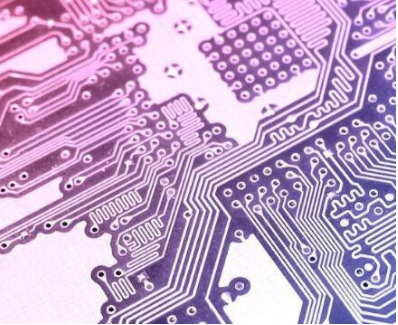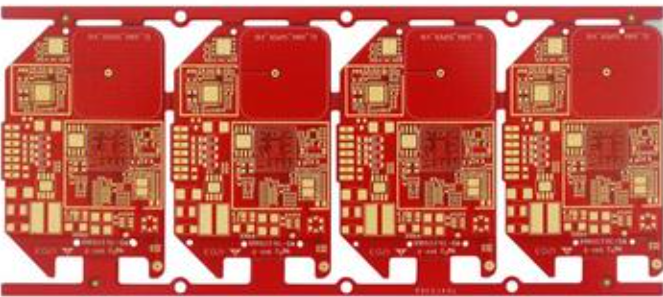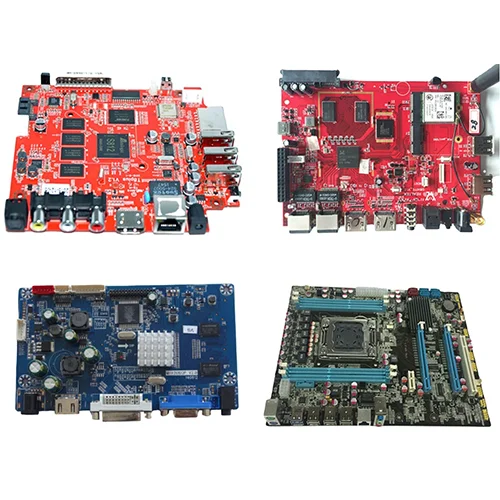
Anti oxidation refers to the coating of anti oxidation organic film, namely, organic solderability protection (DSP), on the designated metal surface (hole and plate surface). Glicoat SMDLF2 is one of them. It maintains its solderability through the thermal cycle of forming a solid leveling technology on the metal surface of the printed board through the chemical reaction between its active components and the copper surface.
technological process
Oil removal → micro erosion overflow water washing I → overflow water washing II → acid washing → pressurized water washing I → pressurized water washing II → clean water washing → pressurized water washing III → DI water washing → air knife flushing → anti oxidation pickling → air knife flushing → overflow water washing III → overflow water washing IV → DI water washing → strong air drying → hot air drying
Degreasing and micro etching: remove the residues, grease and copper oxide layer on the board surface, and activate the copper surface.
Pickling: further remove the copper powder on the board surface and prevent the activated copper surface from being oxidized again.
Anti oxidation immersion: In order to form an anti oxidation film on the PCB surface and in the holes, the immersion type is better than the spray type. The anti oxidation film with a thickness of 0.15-0.25um can be obtained by immersion at 40 ℃ for 60-90S. If the concentration, PH, temperature, immersion time and other parameters are within the normal range, and the film thickness is insufficient, you need to add make-up solution A for adjustment, and F2 solution can be used without dilution. The transfer shaft shall be made of PCB material.
PCB proofing oxidation resistance
Anti oxidation PCB process control

1. PH value is the most important factor to maintain the film thickness, so it should be measured every day. The film thickness becomes thicker with the increase of PH value, and becomes biased with the decrease of PH value. If the PH value is too high, crystallization will occur. Due to the volatilization of acetic acid and the introduction of water, the PH value tends to rise, so acetic acid needs to be added for adjustment, and the PH value should be controlled between 3.80 and 4.20.
2. In order to keep the film thickness within the optimal range, the concentration of active ingredients should be maintained between 90% and 110%. If it is too high, crystallization is easy to occur.
3. The film thickness should be kept between 0.15 and 0.25 um as far as possible. If it is less than 0.12 um, it cannot guarantee that the copper surface will not be oxidized during storage and thermal cycle. However, if it is more than 0.3 um, it will not be easy to be washed off by the flux and affect the tin coating performance.
4. Under normal conditions of all parameters, if the film thickness is too thin, add make-up solution A appropriately, and add make-up solution A slowly, otherwise star shaped oil spots will appear on the liquid surface, which is the precursor of solution crystallization. Other reasons will also cause crystallization formation, such as high PH and high concentration. Therefore, regular observation and measures should be taken to avoid it.
5. The water absorbing roller behind the oxidation cylinder is easy to crystallize when it is not working for a long time, so a small amount of water shall be sprayed on the water absorbing roller to wash off the residue of F2 liquid medicine when it is stopped. In addition, the redundant row roller shall be prepared for replacement, otherwise the existing roller will be easily printed on the board surface due to the long service time of the row roller.
6. Since acetic acid is used in F2 liquid medicine, it is necessary to equip an exhaust device. However, excessive exhaust will cause excessive evaporation and high concentration of liquid medicine. Therefore, when the PCB system stops working, the exhaust should be turned to the minimum and the tightness between the gaps should be ensured.









